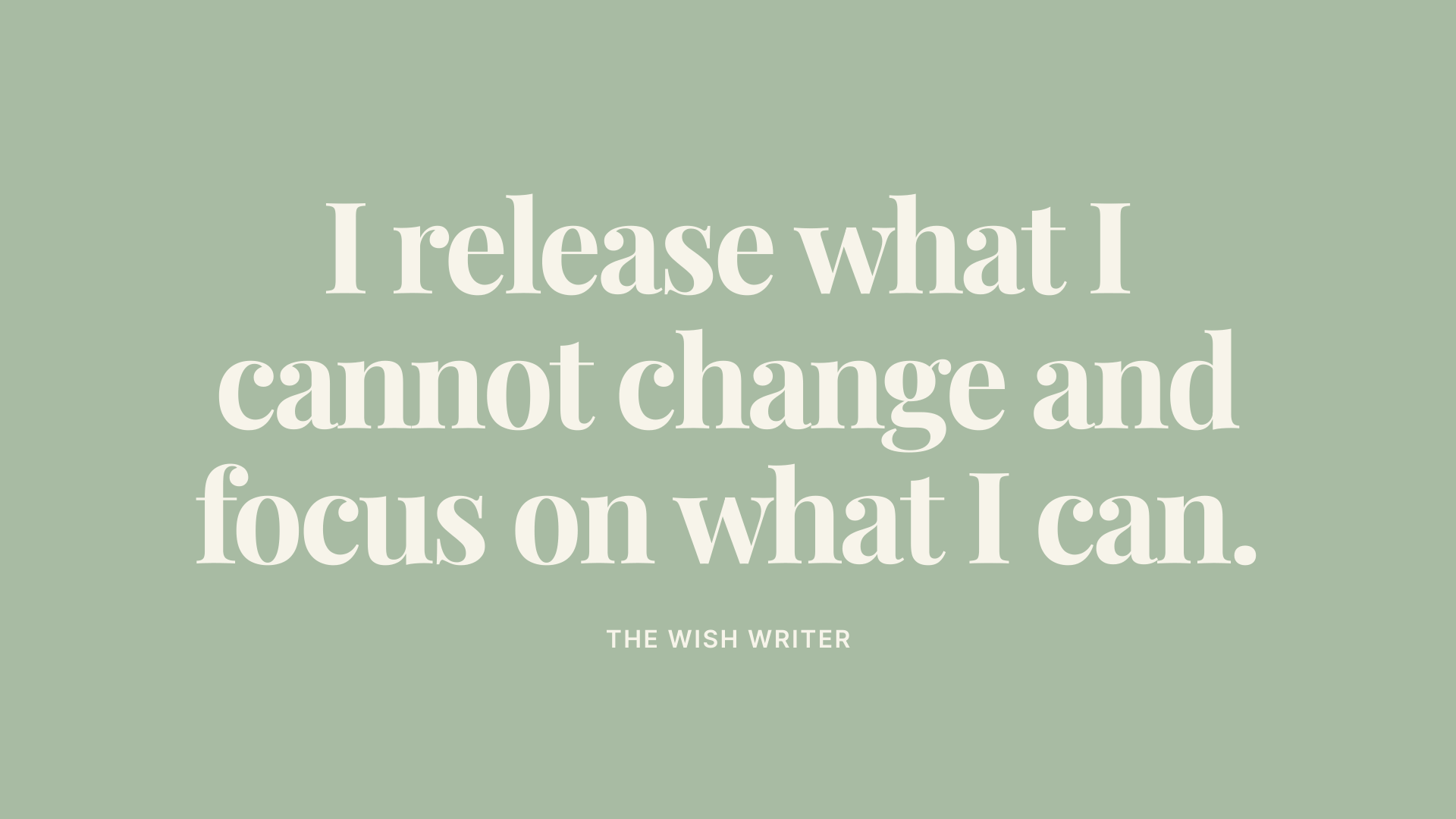Life doesn’t always make sense. You can work hard, show up honestly, and do everything “right,” and still face setbacks you don’t deserve. Others may seem to move ahead effortlessly while you carry weight after weight. Illness, loss, disappointment — these moments remind us that life is not built on fairness.
That truth can feel heavy. It’s natural to ask: Why me? Why this? But that question rarely brings peace. Life doesn’t hand out explanations, and waiting for one can leave you stuck in frustration.
There is another way to see it. Unfairness is real, but it doesn’t have to define you. You may not get to choose what happens, but you always get to choose how you meet it.
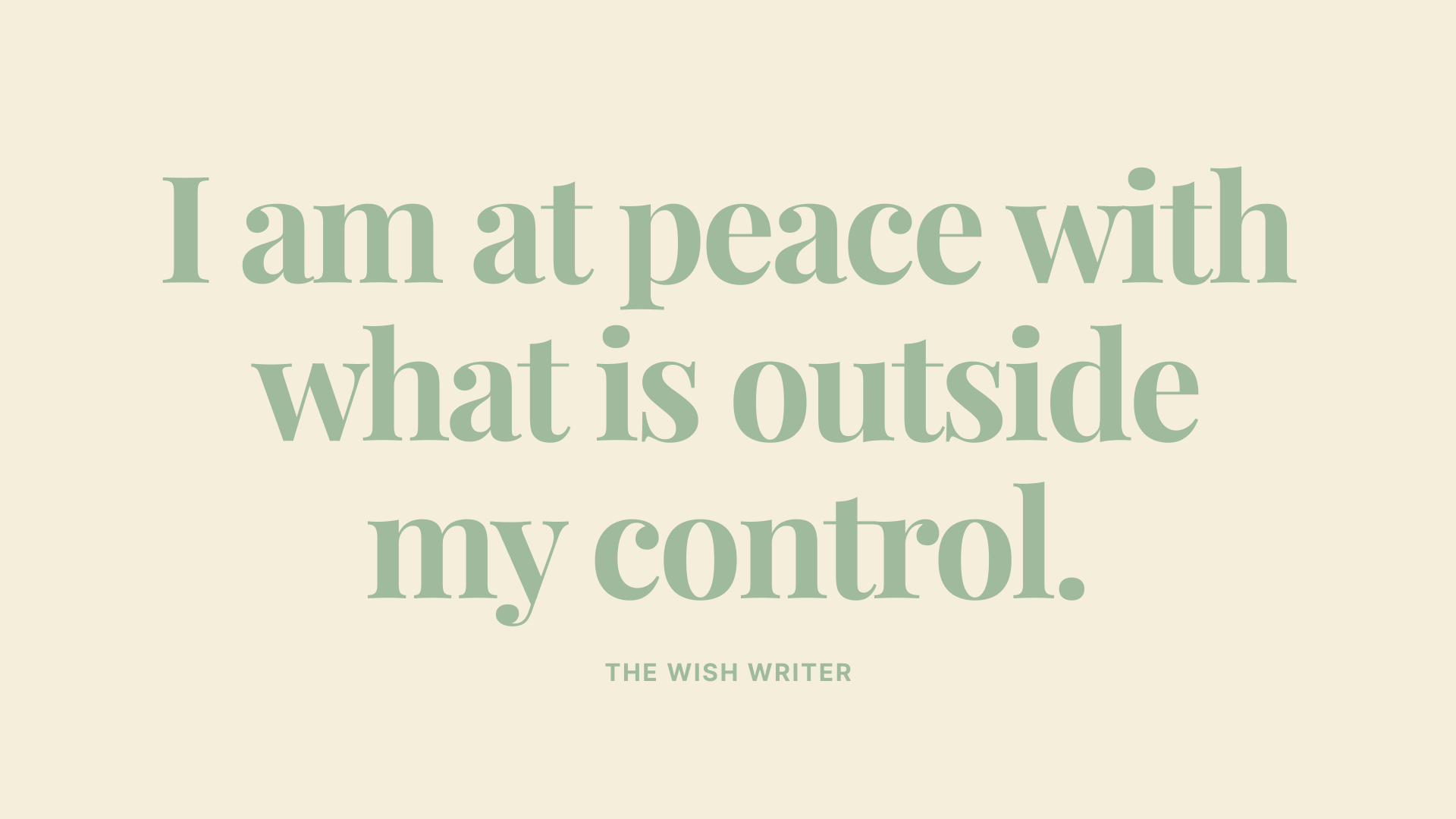
Accepting What You Can’t Control
There is freedom in admitting that some things are outside your control. Fighting against what “should have been” only exhausts you. Acceptance doesn’t mean approval. It doesn’t mean saying, “This is fine.” It simply means saying, “This is real, and I will face it.“
Acceptance gives you space to breathe. It opens the door to choosing your next step, instead of being trapped in endless questions.
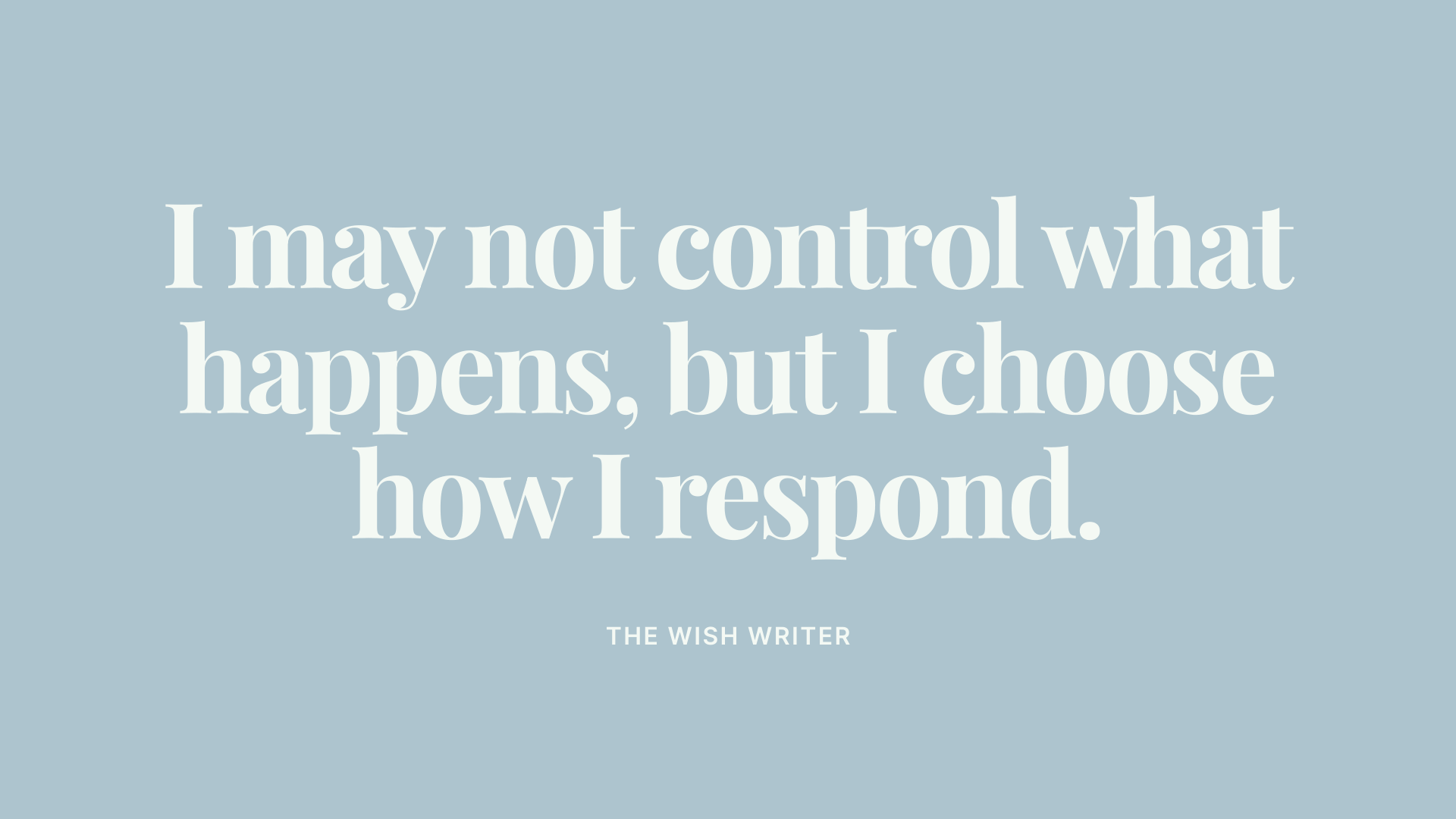
Choosing “What Now?” Over “Why Me?”
When life feels unfair, shifting from why me to what now is gentle but powerful. What now doesn’t erase your pain — it points you toward your next step:
- What now, with the strength I have left?
- What now, with the lessons this hardship is teaching me?
- What now, with the small choices still in my hands?
This shift doesn’t make life fair, but it gives you back your sense of direction.
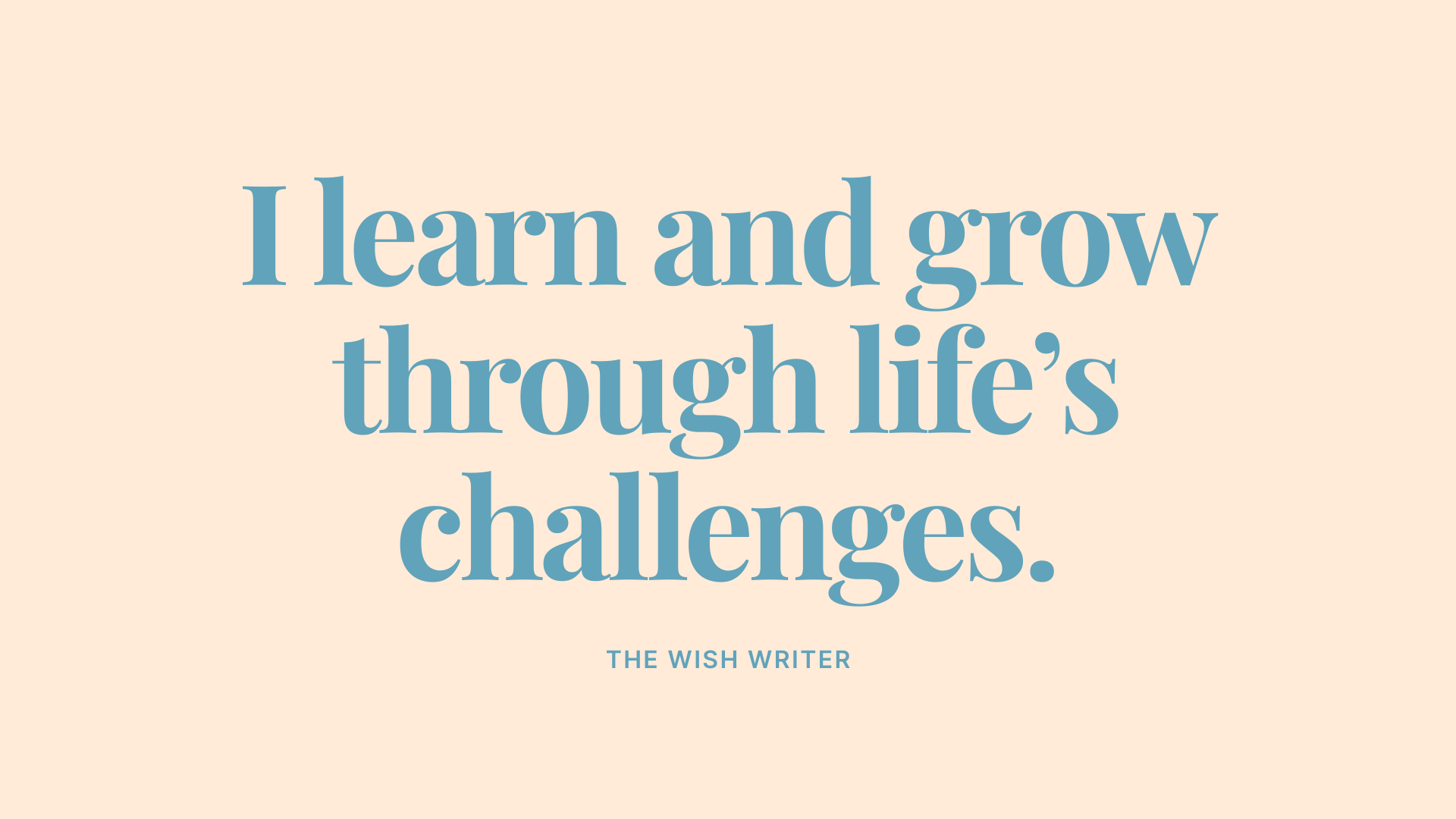
Finding the Lessons Hidden in Struggle
Even in the hardest seasons, unfairness can carry lessons — not as rewards, but as ways we grow:
- Patience, when things take longer than we hoped.
- Resilience, when we stand up after being knocked down.
- Perspective, when hardships remind us of what truly matters.
These lessons don’t make the pain “worth it,” but they can give the struggle shape. They help us understand how it’s changing us.
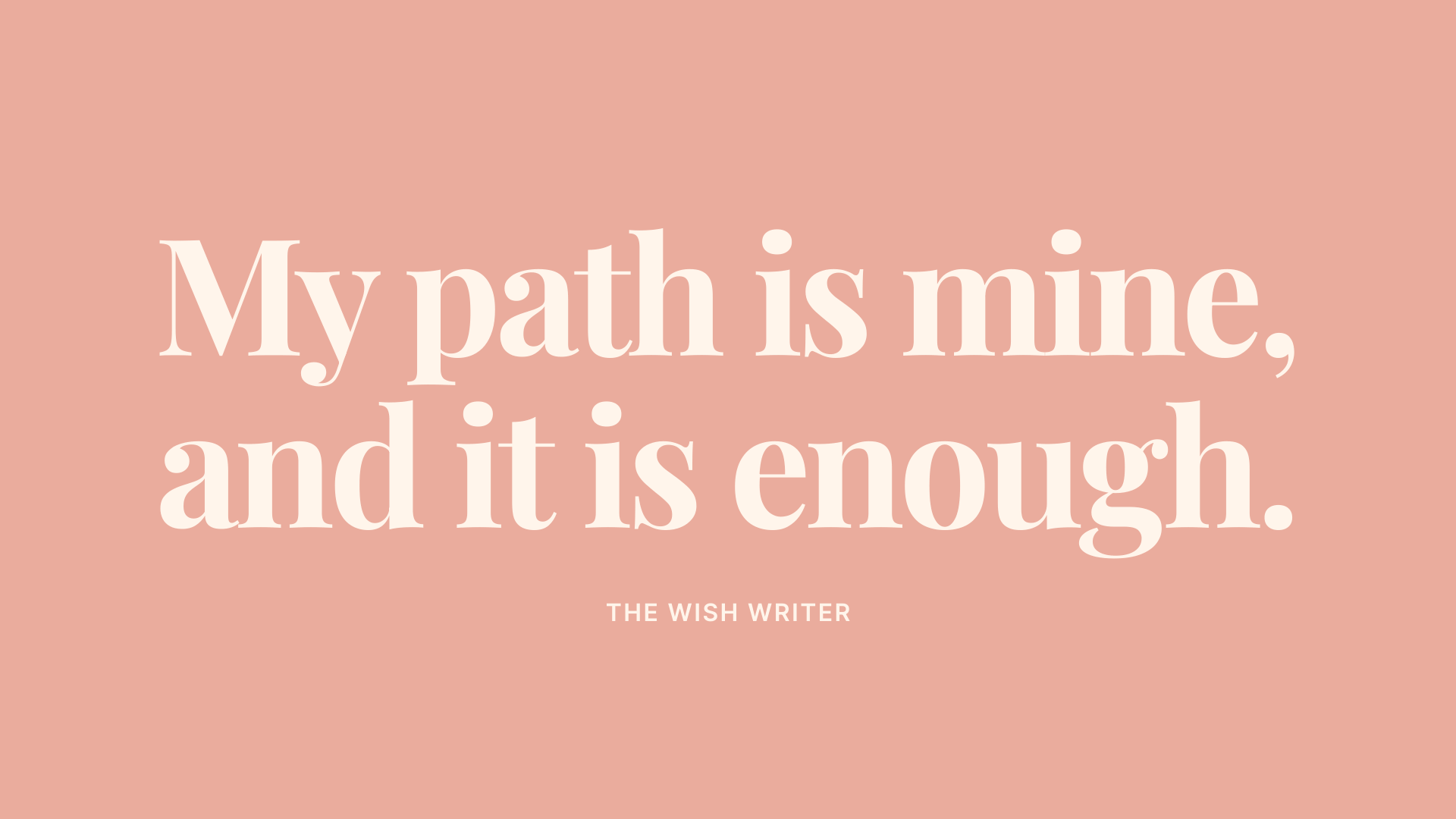
Letting Go of Comparison
One of the hardest parts of unfairness is looking at others and wondering why their life seems lighter, easier, or luckier. Comparison only deepens the wound. Their path is theirs, and yours is yours.
Even if your journey feels heavier, it’s still worthy. It still holds lessons, moments of beauty, and space for growth.
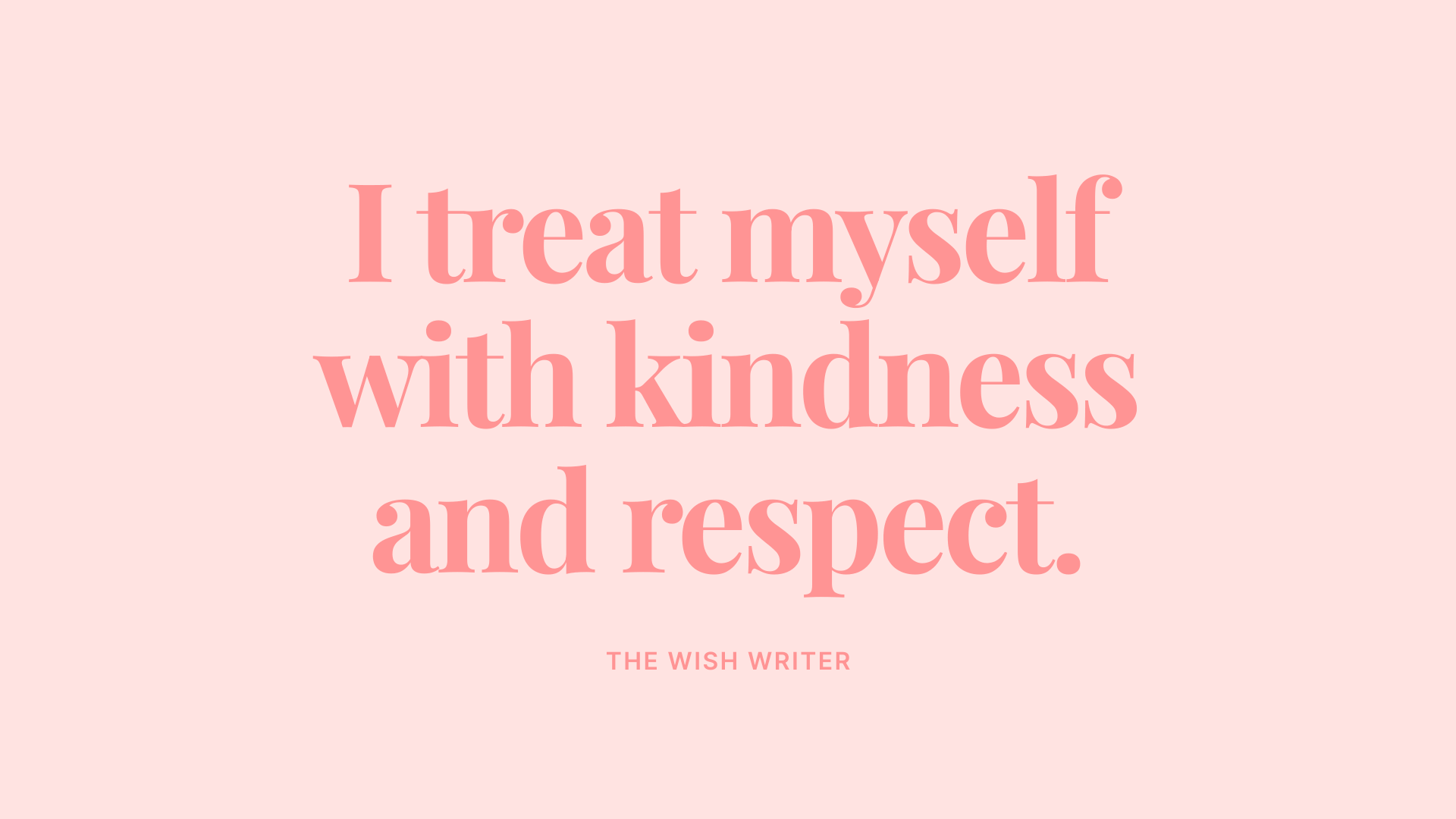
Bringing Fairness Into Your Own Life
Life itself won’t always be fair to you. But you can bring fairness into your own life by the way you treat yourself and others.
- Be kind to yourself when life is heavy.
- Give yourself rest when you need it.
- Offer to others the compassion you wish the world had given you.
Small choices like these restore balance in ways the world cannot.
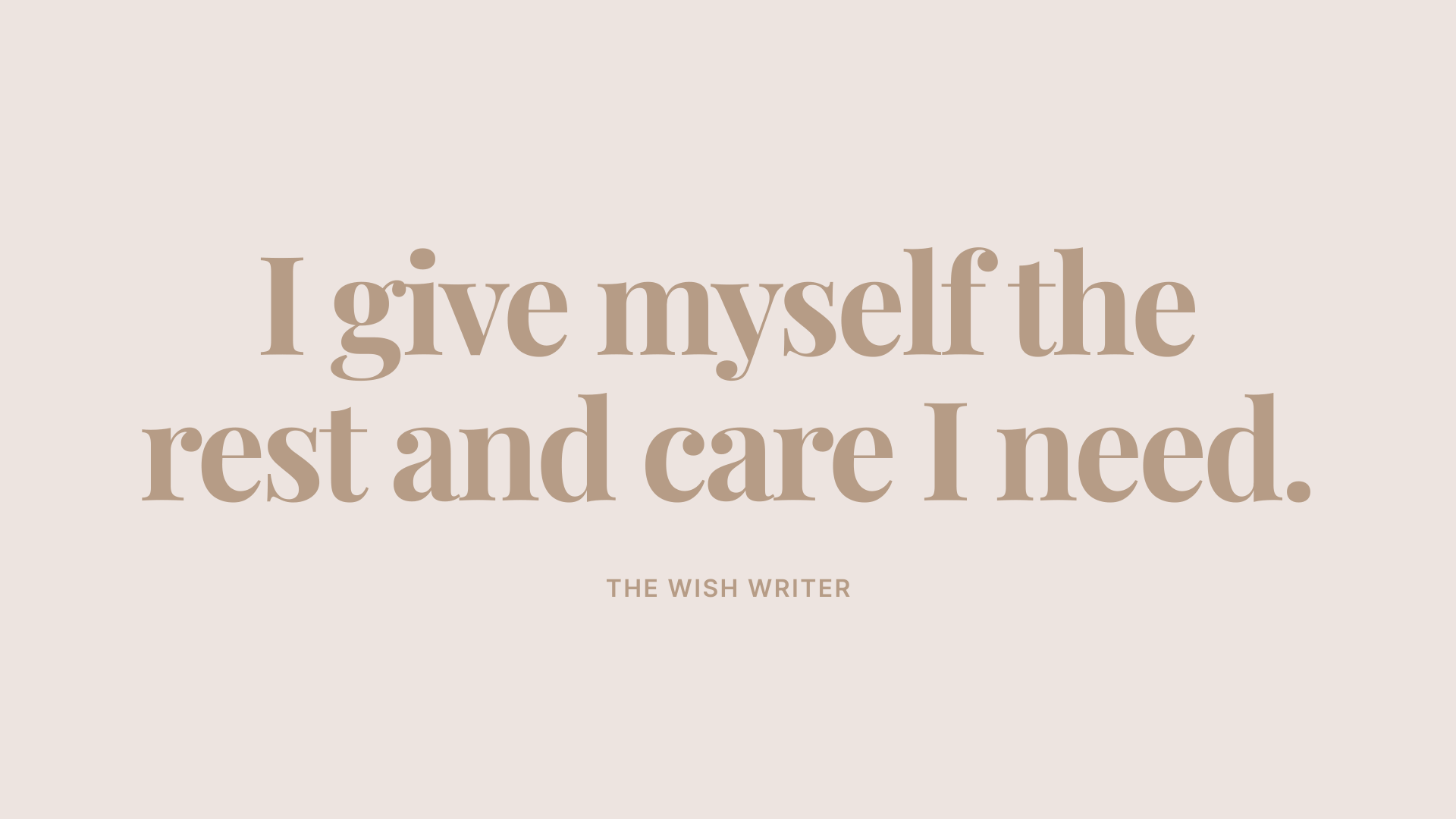
Journaling Exercise: Reflecting on Life’s Unfairness
Set aside 20–30 minutes to sit quietly with your journal, a notebook, or your favorite notes app. Find a calm space, breathe, and let yourself write freely. There’s no pressure for perfect answers — this is about understanding and caring for yourself.
Step 1: Recall an Unfair Moment
- Close your eyes for a moment and bring to mind a time when life felt deeply unfair.
- Write about what happened. Include details: what made it feel unfair, how you felt at the time, and what it took from you.
Tip: Focus on your experience, not comparisons to others. This is about your journey.
Step 2: Explore the Impact
- Reflect on how this moment shaped your perspective. Did it change the way you see yourself, life, or others?
- Consider what strengths, lessons, or insights emerged, even if the experience was painful.
Step 3: Shift From “Why Me?” to “What Now?”
- Identify any lingering thoughts of why me?
- Write down ways you can gently shift this to what now?
- Ask yourself: What small step can I take today to move forward? What support or action can help me grow from this experience?
Step 4: Practice Self-Kindness
- Think of one act of kindness you can offer yourself today.
- It could be something simple: resting, journaling, taking a walk, or saying something gentle to yourself.
- Write it down and make a plan to do it.
Step 5: Find Meaning and Balance
- Reflect on what lessons this unfair moment may hold. How has it taught patience, resilience, or perspective?
- Consider small choices you can make to create fairness in your own life — for example, boundaries, self-care routines, or acts of compassion toward others.
Step 6: Close With Gratitude
- End by writing one or two sentences of gratitude. They don’t have to be about the unfair moment itself — they can be about something small, like a supportive person, a quiet moment, or a personal strength you discovered.
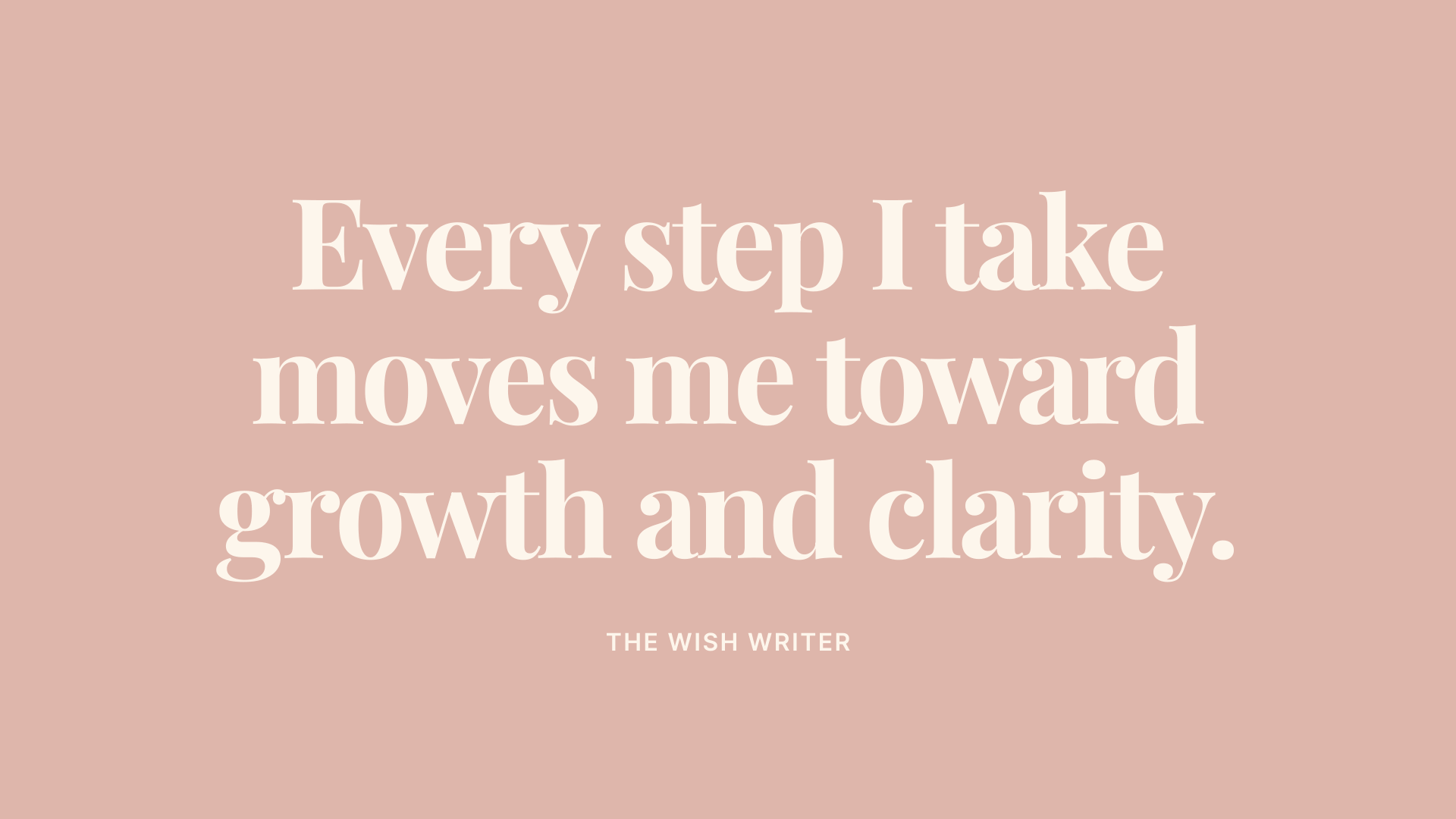
A Gentle Reminder
Life is unfair. That truth won’t change. But unfair doesn’t mean hopeless, and it doesn’t mean meaningless.
You are not powerless. You still get to choose how you live, how you grow, and how you show up each day. You still get to create beauty, even in the middle of what feels unkind.
Fair or not, your life is still yours. And that alone makes it worth living fully.
